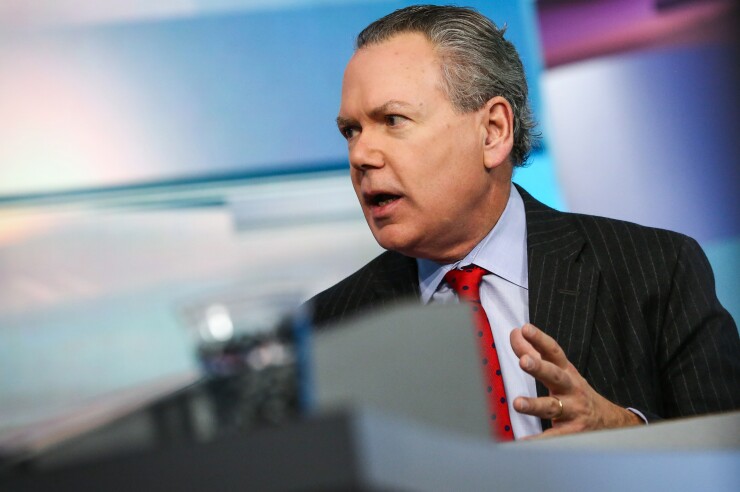MSRB’s one minute reporting proposal faces fresh backlash


Should the Municipal Securities Rulemaking Board’s one minute reporting proposal go forward in any form resembling the one filed with the Securities and Exchange Commission in January, the proposal should also include a broad exception for manual trades, an in-depth examination of the rules’ affect on liquidity, transparency and market concentration, and additional relief for certain electronic trades, on top of the proposed exception for de-minimis activity.
That’s according to the Securities Industry and Financial Markets Association comment letter, the latest in the back and forth between regulators and dealer groups, who submitted their most recent round of feedback on Friday. The amendments
“We do not believe the transition to one-minute reporting has been adequately examined or justified and we do not believe that the proposed one-minute reporting rule can be adopted without exposing the broker-dealer community to significant regulatory risk and clients to diminished liquidity and service from their broker-dealers,” the SIFMA letter signed by president and chief executive officer Kenneth Bentsen said. “Imposing equity market-derived trade reporting requirements on the fixed-income markets is misguided and infeasible due to the material structural differences between the markets.”
Bloomberg News
The SIFMA letter provides many examples for why a manual trade exemption is absolutely necessary if the proposal goes forward, such as when a trade is not negotiated on a platform that enables straight through processing, post-trade confirmation of certain trade details and transactions involving multiple CUSIPS, among many others.
They also recommend that the reduction from the current 15-minute window for manual trades should include an impact assessment on how the change goes to a five-minute reporting window, easing the transition to one-minute.
“The technology to report all transactions with a post-time of trade or time of execution manual component within five minutes does not currently exist,” Bentsen wrote. “Because of the evolutionary nature of faster reporting, the SROs should implement a pause at ten minutes to give the industry and the SROs a meaningful opportunity to examine and discuss the results of the shorter reporting time, considering the effects on trading costs, bid/ask spreads, concentration of trading activity, and market liquidity and then decide on the best pathway to shorter reporting periods.”
Exemptions for manual trades and de-minimis activity were added to the amendments to the rule when filed with the Commission at the beginning of this year. Many commenters agree those are essential to the proposed rule and at the very least a starting point.
“The two major exceptions in the Proposals to the one-minute requirement–for dealers with limited trading activity and for transactions with a manual component–are essential to make FINRA’s and the MSRB’s trade reporting rules workable,” Michael Decker, senior vice president of federal policy and research at the Bond Dealers of America wrote. “Without those exceptions, either trade reporting violations would increase as dealers struggled to comply with an unworkable rule or a significant number of trades would not be executed at all because trade details could not be reported within one minute as would be required under FINRA and MSRB rules.”
Decker also provides examples of trades that cannot be reported within one-minute, such as the fact that before a trade can be reported to the RTRS or TRACE system, “the dealer must enter or import a descriptive security record into its trade order management system, a step not necessary if a firm has traded the bond before and which necessarily extends the time to report the trade,” Decker wrote.
Other commenters think the exemptions don’t mean a whole lot once the proposal is implemented.
“With regard to the substance of the Proposals, we strongly object to the phased implementation period for the exceptions as they mask the true intentions behind the rule changes,” Chris Iacovella, president and chief executive officer of the American Securities Association wrote. “The exceptions, rather than offering meaningful relief, will be eliminated over time without further assessment or opportunity for formal industry input. This approach is risky at best and further complicates compliance without substantial benefits to investors or market efficiency.”
